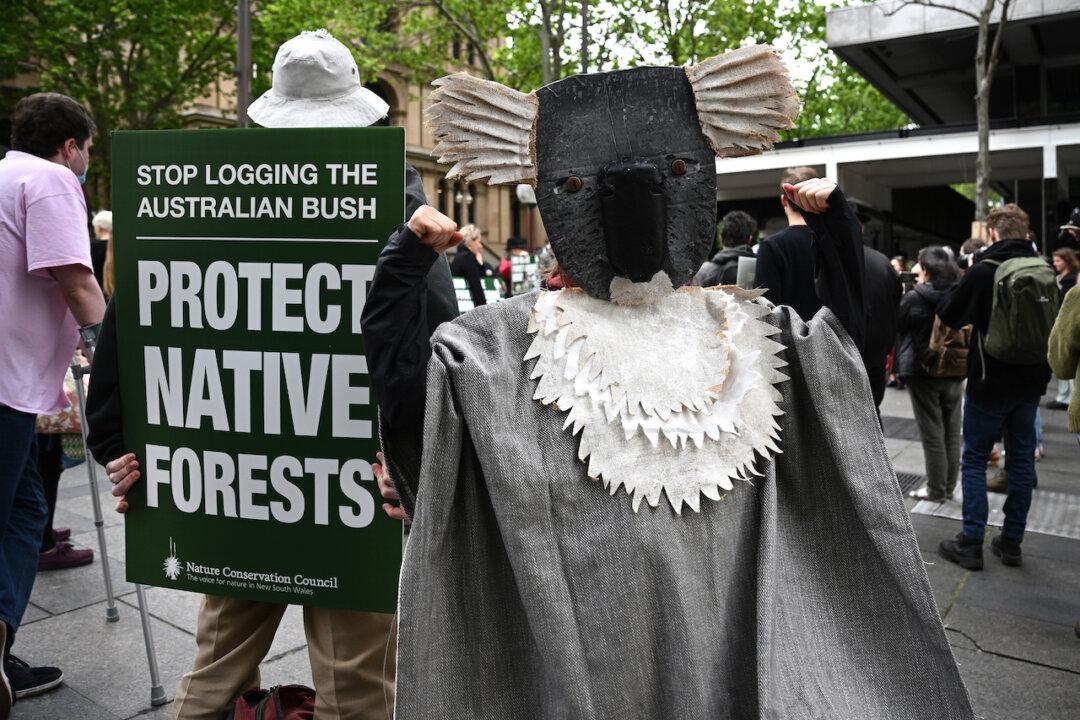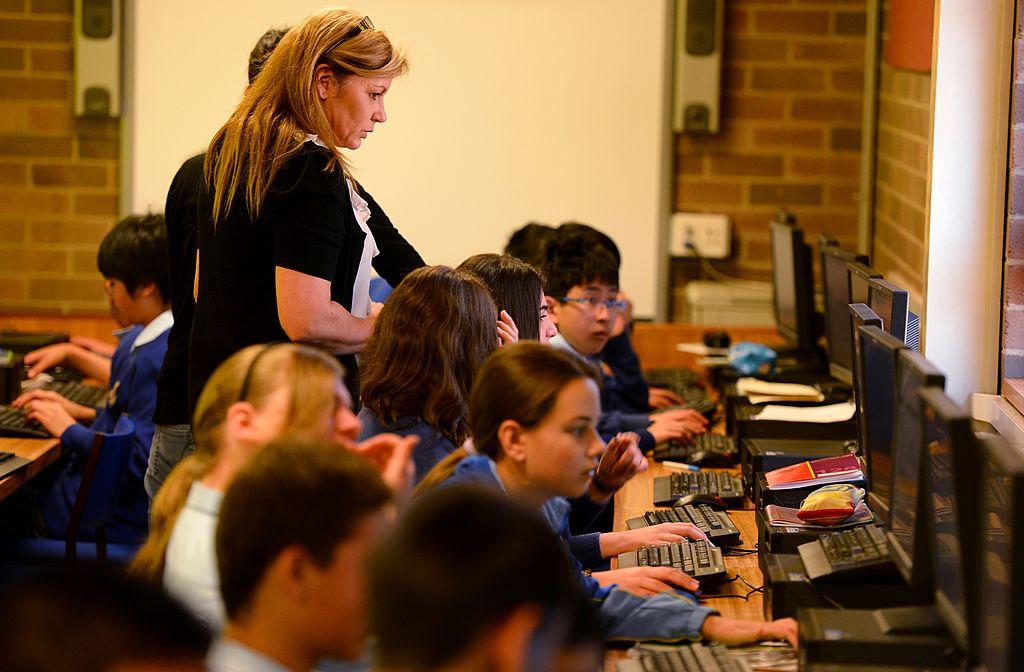The Federal Court of Australia has rejected a key challenge that environmental defenders believed would stop native forest logging in northern New South Wales (NSW).
The North East Forest Alliance (NEFA) brought the case against the Commonwealth of Australia and NSW in the first-ever legal challenge to a Regional Forest Agreement (RFA) in the state.





